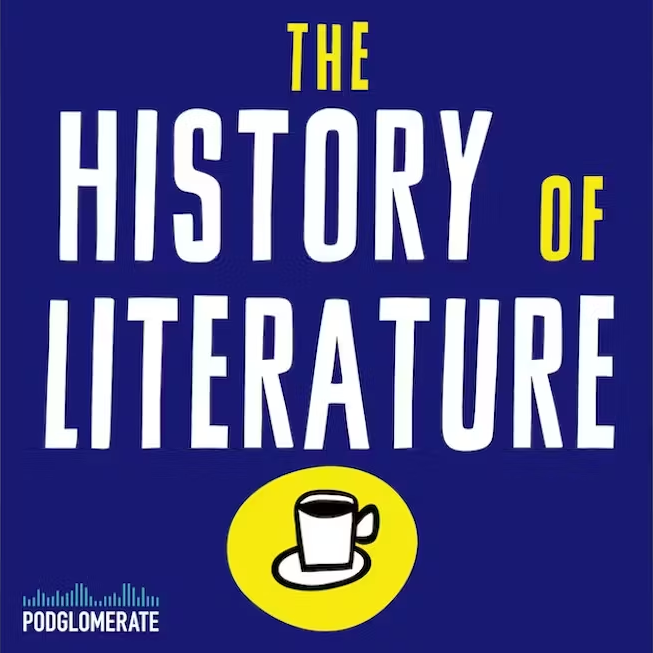american literature
-
The History of Literature #520 — “An Occurrence at Owl Creek Bridge” by Ambrose Bierce
Kurt Vonnegut Jr. called it, simply, the greatest American short story. In this episode, Jacke takes a look at Ambrose Bierce and his masterpiece, “An Occurrence at Owl Creek Bridge.” Help support the show at patreon.com/literature or historyofliterature.com/donate. The History of Literature Podcast is a member of Lit Hub Radio and the Podglomerate Network. Learn more at www.thepodglomerate.com/historyofliterature. Continue reading
-
The History of Literature #410 – What Is American Literature? (with Ilan Stavans)
America, America, America… a continent, a nation, a people, and a whole lotta books. But how does America define itself? Who defines it? Where did the idea of American exceptionalism come from? And how does literature fit into any of this? In this episode, Jacke talks to Professor Ilan Stavans about his new book, What Is… Continue reading
-
The History of Literature #241 – Literary Battle Royale 2 – The Cold war (U.S. vs. U.S.S.R.)
Sputnik! Cuba! Glasnost and perestroika! In this follow-up to the very popular England vs. France literary battle royal, Jacke and Mike choose up sides and imagine the Cold War being fought by each nation’s greatest authors. Enjoy! Help support the show at patreon.com/literature or historyofliterature.com/shop. (We appreciate it!) Find out more at historyofliterature.com, jackewilson.com, or… Continue reading
-
The History of Literature #170 – Toni Morrison
http://traffic.megaphone.fm/ADL3474907449.mp3 TONI MORRISON (b. 1931) is one of the most successful and admired authors in the history of American literature. Her novels include The Bluest Eye (1970), Sula (1973), Song of Solomon (1977) and Beloved (1987), which is widely considered to be her masterpiece. After successful careers in both academia and publishing during the 1960s… Continue reading
-
The History of Literature Episode #59 – Flannery O’Connor
Flannery O’Connor (1925-1964) lived a life that, in retrospect, looks almost like one of her short stories: sudden, impactful, and lastingly powerful. Deeply Catholic, O’Connor portrayed the American South as a place full of complex characters seeking redemption in unusual and often violent ways. She once said that she had found that violence was “strangely capable of returning… Continue reading
